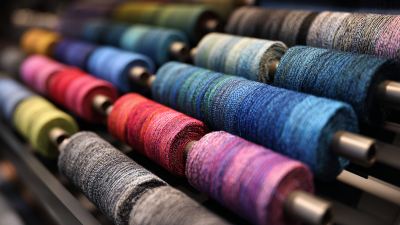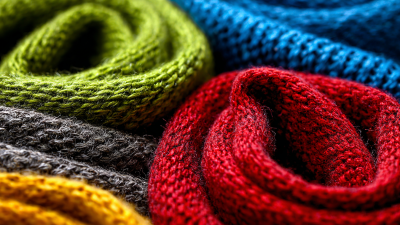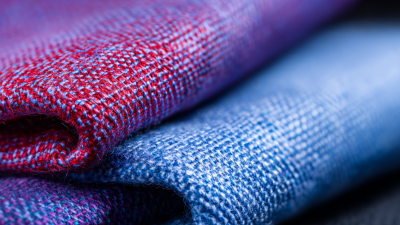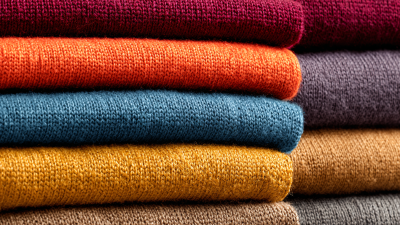In 2023, the fashion industry is undergoing a transformative shift as sustainable practices take center stage, and knit fabric is at the forefront of this revolution. As consumers become increasingly conscious of their environmental impact, designers are embracing innovative knit fabric techniques that maximize both aesthetic appeal and eco-friendliness.
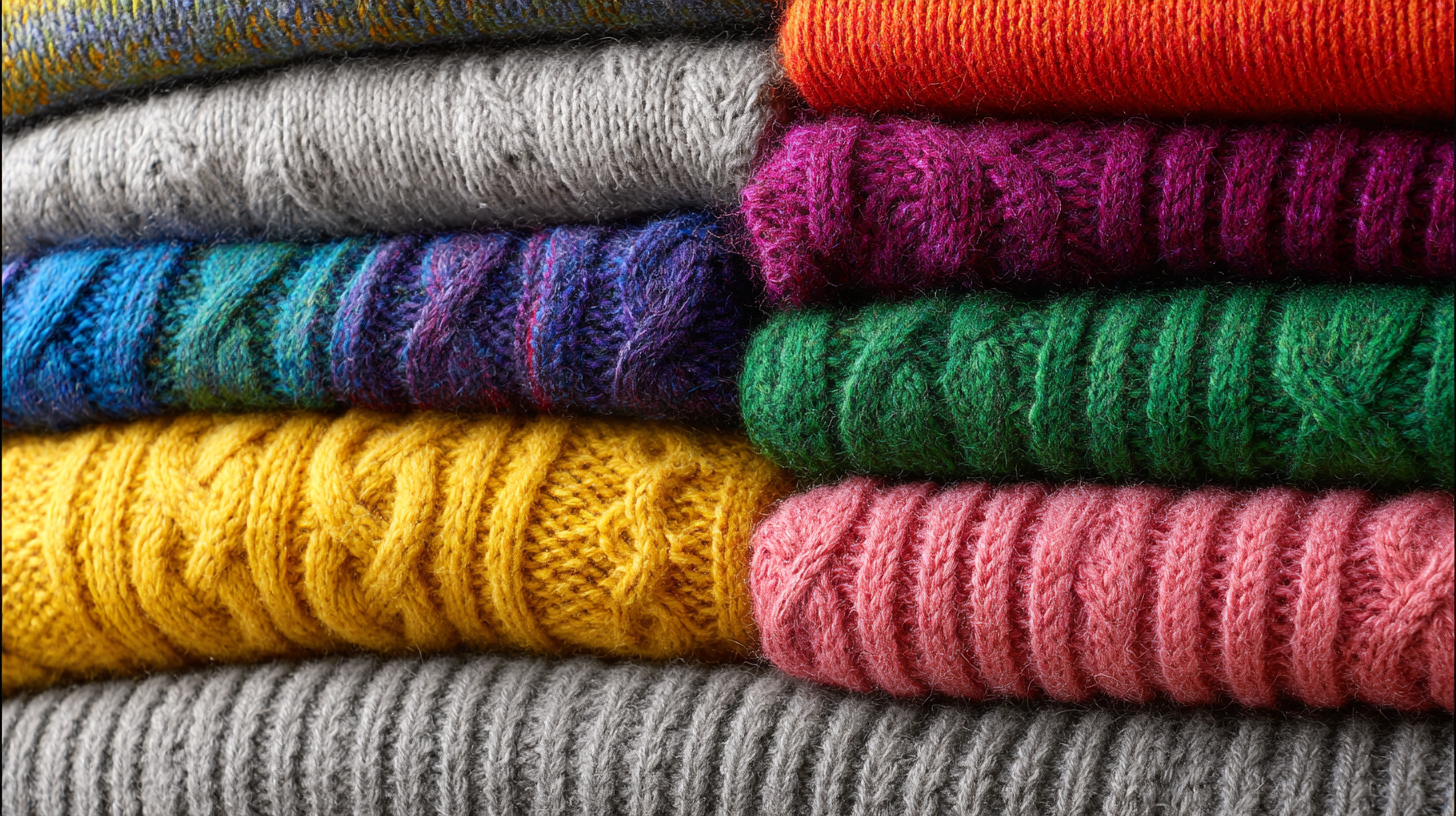
This article explores the latest knit fabric trends that are not only redefining style but also promoting responsible production methods. From the use of recycled materials to the incorporation of digital technology in knitting processes, we will delve into actionable tips for embracing these advancements in sustainable fashion.
By understanding the evolving landscape of knit fabric, brands can create collections that resonate with eco-aware consumers while leading the charge towards a more sustainable future.
In 2023, the fashion industry is witnessing a remarkable transformation driven by innovative knit techniques that are reshaping eco-friendly practices. According to the Fashion Transparency Index, 37% of brands are now placing a higher emphasis on sustainable fabric technologies, reflecting a broader commitment to reducing environmental impact. Among these, circular knitting methods stand out, as they allow for the efficient use of resources and significantly minimize waste. These techniques enable the creation of seamless garments, which not only reduces fabric scraps but also creates a unique selling proposition in a competitive market.
Additionally, advancements in materials such as recycled polyester and organic cotton are paving the way for environmentally responsible knitwear. A report by the Global Fashion Agenda reveals that the use of recycled fibers in knit fabrics has increased by 62% compared to the previous year, highlighting a significant shift towards sustainability. Brands that harness these innovative knit techniques are not only contributing to environmental preservation but are also appealing to a growing consumer base that prioritizes sustainability in their purchasing decisions. The integration of technology and design in knit fabrics is thus revolutionizing the landscape of sustainable fashion in 2023, making eco-friendly options both stylish and accessible.
| Knit Technique | Sustainability Impact | Material Usage | Consumer Appeal |
|---|---|---|---|
| 3D Knitting | Reduces fabric waste | Recycled fibers | High customization |
| Circular Knitting | Minimizes stitching waste | Organic cotton | Comfortable fit |
| Seamless Knitting | Lowers production footprint | Bamboo yarn | Trend of athleisure |
| Warp Knitting | Energy efficient process | Reclaimed polyester | Durability focus |
| Digital Knitting | On-demand production | Natural dyes | Fashion-forward designs |
The landscape of sustainable fashion is evolving rapidly, and at the forefront of this movement is the selection of eco-conscious materials for knitting. As designers and consumers alike prioritize sustainability, yarn choices have emerged as a pivotal element in creating environmentally friendly garments. Traditional fibers such as cotton and wool are now being re-evaluated, as innovative alternatives gain popularity. Recycled polyester, made from post-consumer plastics, and Tencel, derived from sustainably sourced wood pulp, are two examples of materials that are not only gentle on the planet but also offer exceptional quality and comfort.
Furthermore, the rise of organic and biodegradable yarns reflects a broader awareness of environmental issues. Brands are increasingly opting for yarns produced without harmful chemicals, focusing on the use of organic fibers like hemp and bamboo. These materials not only reduce the carbon footprint but also provide unique textures and properties that appeal to eco-conscious consumers. This shift towards sustainable yarn choices is revolutionizing how apparel is designed, aligning aesthetics with ethics and fostering a new era of responsible fashion making.
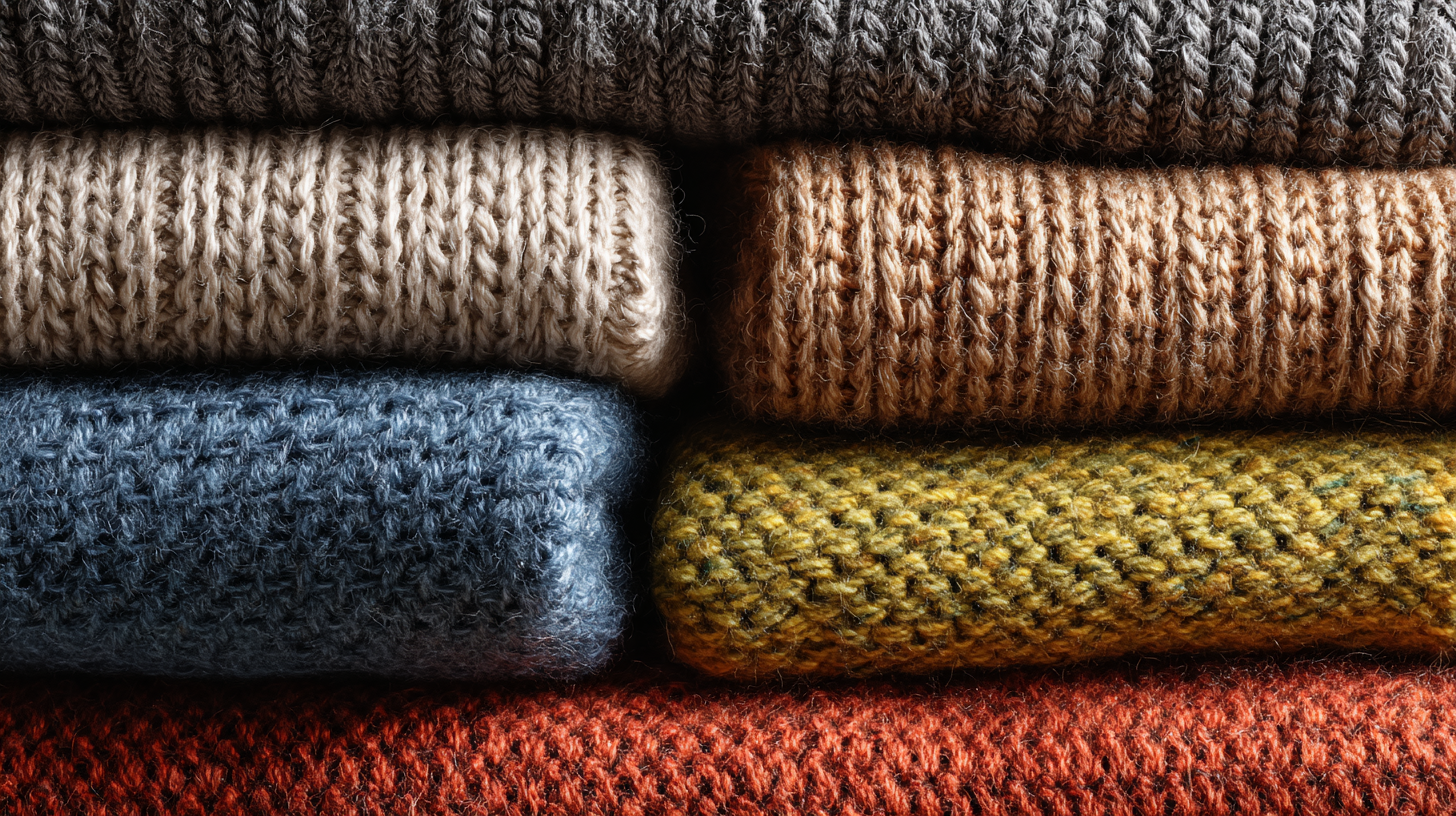
The advent of digital knitting technology is transforming the landscape of sustainable fashion in 2023. By integrating advanced software and machinery, designers can create intricate patterns and textures with minimal waste. This process, which allows for precise control over each knitted piece, reduces excess fabric and energy consumption compared to traditional manufacturing methods. The precision of digital knitting not only streamlines production but also opens up new avenues for creativity, allowing brands to experiment with innovative designs that were previously difficult or impossible to achieve.
Moreover, digital knitting promotes a more sustainable approach to sourcing materials. With the ability to create on-demand garments, companies can avoid overproduction and excess inventory, fostering a model that emphasizes eco-friendliness. The technology also enables the use of recycled fibers and sustainable yarns, further enhancing environmental practices in the fashion industry. As digital knitting continues to rise in popularity, it represents a significant step towards a more responsible and forward-thinking fashion landscape, demonstrating that technology can indeed harmonize with eco-conscious values.
In 2023, knit fabrics are at the forefront of sustainable fashion, offering stylish alternatives while reducing environmental impact. Renowned for their versatility, knitted materials can be seamlessly integrated into a wide range of wardrobes. According to a recent report by the Global Fashion Agenda, nearly 80% of consumers are now prioritizing sustainability when making fashion choices, driving brands to innovate with eco-friendly knitwear options made from organic or recycled fibers.
To effortlessly incorporate knitted fabrics into your wardrobe, consider layering them in various textures. A knitted vest over a crisp shirt not only adds depth but also maintains comfort. Pair it with high-waisted trousers for a polished look. Additionally, don’t shy away from experimenting with colors: pastel hues and earthy tones are trending this season.
Tip: Accessories can elevate your knitted outfits. A minimalistic leather belt can cinch a chunky knitted dress, enhancing your silhouette while remaining chic. Furthermore, knitted scarves and hats serve as fashionable statements and can be swapped throughout the season for a refresh. Remember, the key is balance; pairing bulky knits with streamlined pieces ensures a well-rounded ensemble.
In 2023, the fashion industry is seeing a profound shift towards sustainability, particularly through the practice of upcycling and DIY. This movement encourages consumers to take a hands-on approach to their wardrobes, transforming knit garments into new, unique pieces. By utilizing existing materials, individuals can create one-of-a-kind items that reflect their personal style while simultaneously reducing waste. This not only empowers consumers but also fosters a sense of creativity and individuality in fashion.
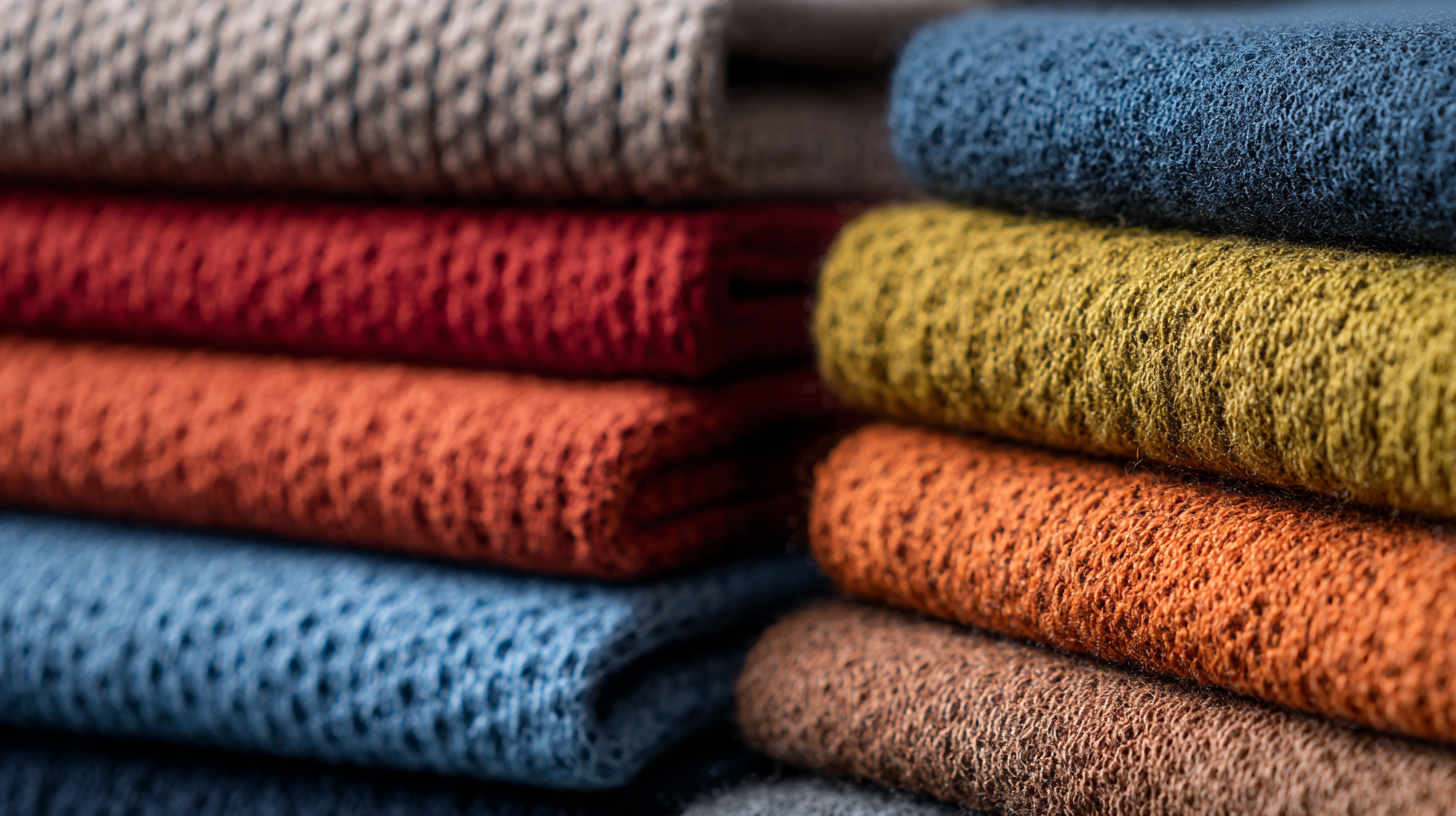
DIY upcycling projects often involve simple techniques that anyone can master, such as knitting patches, adding embellishments, or combining multiple garments into a single creation. This transformation process breathes new life into old knitwear, granting it a fresh narrative and purpose. As more people embrace these practices, the negative environmental impact of fast fashion diminishes, paving the way for a more sustainable future in the industry. These trends are not just a passing fad; they represent a cultural shift towards responsible consumption that prioritizes the planet along with personal expression.

